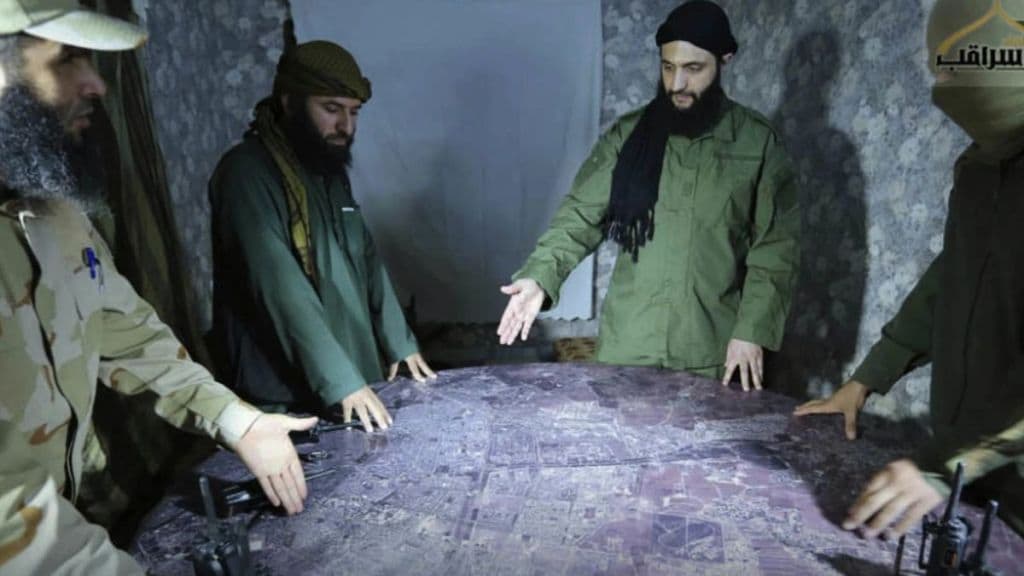Abu Mohammed al-Golani, the 42-year-old leader of the insurgent group that played a pivotal role in ousting Syrian President Bashar al-Assad and ending his regime, has spent years trying to distance himself from his extremist past and present a more moderate face to the world. Known for his central role in Syria’s ongoing civil war, al-Golani has transitioned from being a jihadist figure tied to al-Qaida to a leader advocating for pluralism and state-building.
Al-Golani’s group, Hayat Tahrir al-Sham (HTS), has been a key player in the rebellion that led to the fall of Damascus on Sunday, forcing Assad into hiding. The collapse of Assad’s regime, after more than five decades of family rule, has raised questions about Syria’s future, with many ethnic and religious communities fearing the rise of Sunni Islamist extremists.
Although al-Golani has largely stayed out of the public eye since the fall of Damascus, his influence remains significant. His group, originally part of al-Qaida’s Nusra Front, has grown stronger over the years by eliminating rivals and consolidating control in the northwestern province of Idlib. There he built a de facto government by gaining support from local tribes and communities, while shedding his earlier image as a hardline militant.
From Al-Qaida fighter to HTS leader
Al-Golani’s transformation from an al-Qaida-linked fighter in Iraq to the leader of HTS has been marked by strategic rebranding. In 2016, he severed ties with al-Qaida, renaming his group first to Jabhat Fateh al-Sham and later to Hayat Tahrir al-Sham. This shift allowed him to consolidate power and forge alliances with a diverse range of ethnic and religious groups that had previously been alienated by extremist factions.
In recent interviews, al-Golani has stressed the importance of building inclusive institutions for Syria. He even suggested that his group might dissolve once Assad’s regime falls. “Syria deserves a system where decisions are made by institutions, not one leader,” he said in a CNN interview.
While his past remains controversial, al-Golani’s current image reflects his ambition to lead Syria into a new era, one free from the violent ideologies of his earlier years. However, with Syria still deeply fractured and international powers vying for influence, the country’s future remains uncertain. Al-Golani’s role as a potential leader will be tested in the coming months as the political landscape continues to evolve.
The fall of Damascus
On Sunday, the Syrian government collapsed as a result of a swift rebel offensive that seized control of Damascus, sending shockwaves through the capital. Crowds flooded the streets, celebrating the end of the Assad family’s 50-year iron rule. Syrian state television broadcast a statement from a group of men announcing that President Bashar al-Assad had been overthrown and that all political detainees had been released from prisons.
The man who read the statement on television identified the opposition group as the Operations Room to Conquer Damascus and urged all opposition fighters and civilians to safeguard the state institutions of the “free Syrian state.” The call for unity comes as the country faces an uncertain future, with al-Golani and his group at the center of a shifting political and military landscape.


